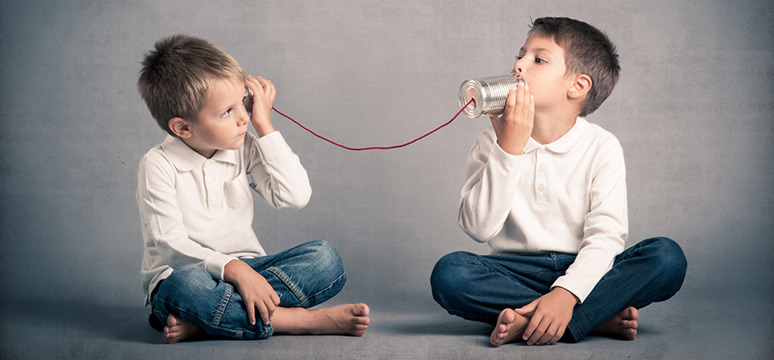It’s been a while since we broached the dreaded topic of confrontation…and how we hate when that happens. I only bring it up, of course, in hopes of changing our perception of conflict from really scary to maybe a good thing…because somehow, somewhere along the way, confrontation ended up with a really bad connotation, even though not one single negative word is associated with its original meaning.
To confront simply means to come together, face to face and head to head, to deal with something directly and honestly. {Kind of sounds like connecting to me.} In fact, engaging relational conflict is actually a sign of mutual emotional investment, trust, and desire for undisturbed connecting. And learning the fine art of feedback is one of the best ways to do that. By keeping communication consistent, current, and clear of misunderstanding, feedback eliminates the risk of things escalating to the level of confrontation. Without it, however, we run the risk of filling the vacuum with inaccurate perceptions and old patterns…and we all know what happens then, right?
The goal, of course, is to prevent conflict…not to be confused with avoiding conflict, even though your right-brained recollection of 30-year-old conflicts may still signal pain, shame, and terror. The only problem is that, as adults, we know that whatever remains unresolved in a relationship erodes the safety, authenticity, and quality of that relationship. That’s why it’s vital to understand our past and present reactions to feedback. IF we’re really serious about improving the quality of our interactions, that is. It also helps to understand the purpose of feedback…which is simply to reduce blind spots in ourselves and each other, to increase awareness of relational dynamics, and to create a welcoming space for honest and trusted exchanges. {Simple to define. Slightly more difficult to achieve. And definitely worth the effort!}
Just think of the difference when we view conflict resolution as honoring…and feedback as treasured evidence of a mutual desire to be known and understood. Imagine a shared commitment to protect our relationships from anything that might harm or interrupt the true connection and intimacy we all long for in life. {Wow…}
Wouldn’t you just love for that to happen?
Me, too…


